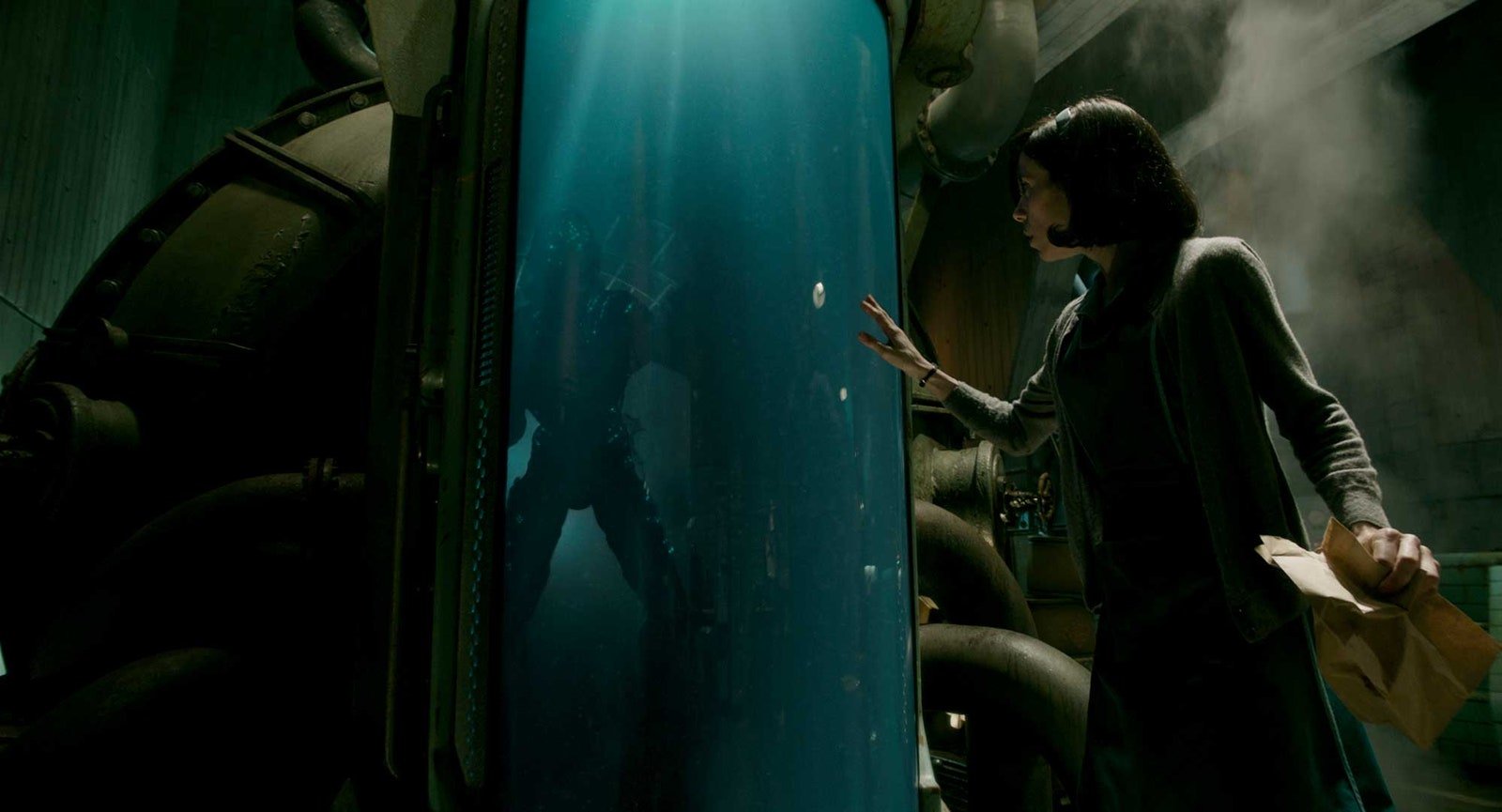The sun is up and shining. The boys in their shorts and the girls in their skirts, their summer hopes beginning to take off; some lost villa, gorgeously surrounded by hundreds, thousands of perfectly aligned peach trees – the mere promise of their freshness seeming almost difficult to bear. You can smell the toasted greenness, taste the thickness of the apricot juice. Welcome to Italy.
In some lost village in the northern part of the country, Elio (played by Timothée Chalamet) and his family await the arrival of Oliver (Armie Hammer), an American undergraduate student coming in for a 6-week-long stay. He drops anchor to do academic research, but very soon gets lost in nights of partying and heavy drinking, endless mornings of reading by the poolside and… getting to know Elio. He –an American guy who seems to think very highly of himself and dismisses everybody with a mere “Later!”– appears unable to make sense of how Elio is in control of everything. And he –a half Italian, half French young man at the onset of sexual awakening– finds Oliver’s likability amongst his friends and family somewhat unsettling. Yet the joy that Oliver finds in Elio’s confident literary rebuttals kick-starts an unlikely friendship that gradually deviates into the most unbearable form of desire.
“Call Me by Your Name” sees two men falling for each other. Pretty quickly, perhaps unexpectedly, Elio and Oliver stop mistrusting one another: Where there was suspicion, now there is understanding; where there was mere camaraderie, now there is flirting; where there was rivalry, now there is magnetism. It is a deeply affecting depiction of first love, one that unfolds stirringly, especially for Elio –whose inability to comprehend what he feels is outshined by his thirst to find out more of what Oliver has to teach him. Together, they embark on a journey of self-discovery that, coupled with the best music selection I remember, becomes a powerful vindication of the indecipherability of love and attraction. Guadagnino cleverly manages without any pompous or flashy cinematic tricks and, instead, lets the characters overtake the story at all moments. His camera offers us gorgeous shots of the Italian landscape, a beauty so evocative that pushes Elio and Oliver to disregard all of their inhibitions and makes us, at the edge of our seats, root for them along the way.
You do not understand the impact “Call Me by Your Name” has had in you until a week has gone by, and you find yourself thinking, yet again, of that last shot of Elio looking into the fireplace. To a great extent, this is also thanks to Timothée Chalamet’s Oscar-worthy turn as a young man coming of age, together with Armie Hammer’s memorable take on an apparent superstar, who doubts himself more than we had suspected. In the hands of such effortlessly skilled actors, Elio and Oliver manage to come to life. Their story transcends the screen and stays deep inside of us, an odd combination of delight and melancholy.
At one point towards the end of the movie, Elio’s father puts into words what “Call Me by Your Name” elegantly insists upon: “How you live your life is your business, and our hearts and bodies are only given to us once”. For the pain one might feel now, will eventually go away – but not the regret of what could have been.





